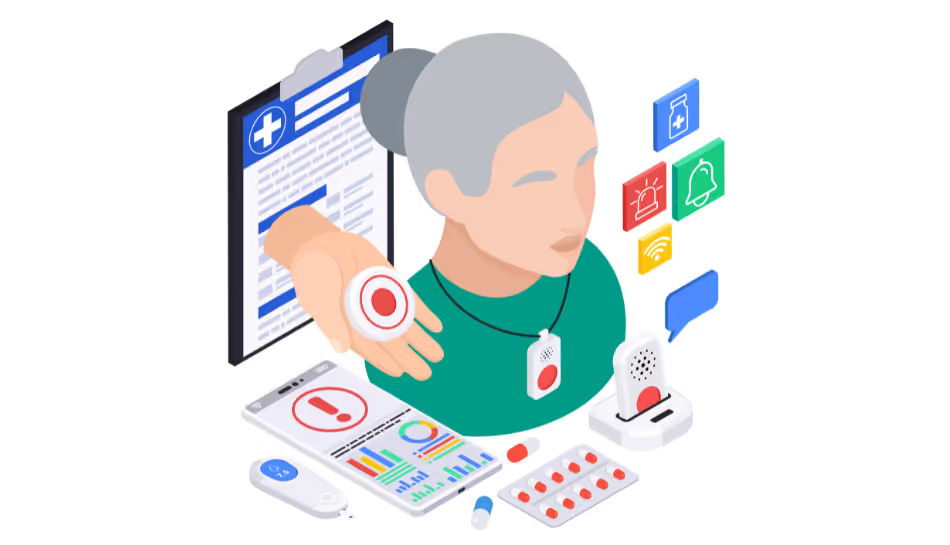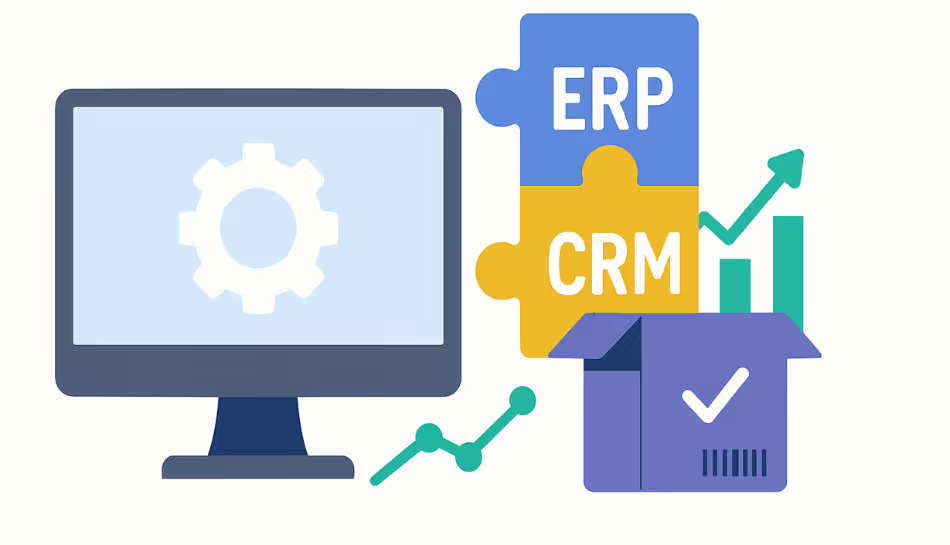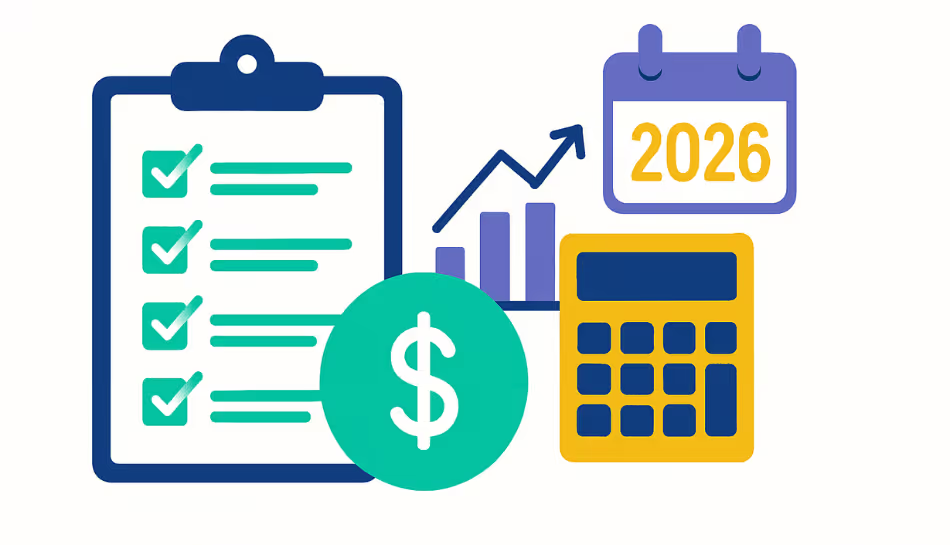In today’s digital healthcare landscape, protecting patient information is a legal and ethical responsibility. That’s where HIPAA comes in. The Health Insurance Portability and Accountability Act (HIPAA) is a U.S. federal law enacted in 1996 to ensure the privacy and security of individuals' medical records and other personal health information. But what is HIPAA compliance, and why is it so critical for healthcare providers?
This article breaks down what HIPAA is, what HIPAA compliance involves, and its significance in the healthcare industry.
What is HIPAA?
The HIPAA Act, officially known as the Health Insurance Portability and Accountability Act of 1996, was introduced to improve healthcare efficiency while safeguarding sensitive patient data. HIPAA established national standards to prevent the unauthorized use or disclosure of individuals' protected health information (PHI).
It applies to a wide range of entities, including:
- Hospitals
- Clinics
- Insurance companies
- Healthcare clearinghouses
- Business associates handling PHI on behalf of healthcare providers
What is HIPAA Compliance?
HIPAA compliance refers to the process healthcare organizations must follow to meet the requirements outlined in the HIPAA law. These requirements ensure that any access, use, or sharing of patient data is done securely and with the patient's privacy in mind.
To achieve compliance, organizations must adhere to several rules under HIPAA:
- Privacy Rule: Governs how PHI can be used and disclosed.
- Security Rule: Sets standards for protecting electronic PHI (ePHI) through administrative, physical, and technical safeguards.
- Breach Notification Rule: Requires covered entities to notify affected individuals and the government if a data breach occurs.
- Enforcement Rule: Outlines penalties for non-compliance, including hefty fines.
Understanding what is HIPAA compliance means understanding these core components and ensuring all employees and systems within a healthcare organization follow them strictly.
What is HIPAA in Healthcare?
In the healthcare sector, HIPAA in healthcare means creating an environment where patient data is treated with the highest levels of confidentiality. It’s not just about meeting legal requirements, it's also about maintaining patient trust.
For instance, when a patient visits a hospital, they share personal health details, medical history, and financial information. HIPAA ensures this data isn’t shared without their consent or compromised due to weak security systems.
Key Requirements for HIPAA Compliance in Healthcare:
- Data Access Controls: Only authorized personnel should have access to sensitive patient data. This includes using secure logins, role-based permissions, and access monitoring.
- Encryption and Data Security: Electronic health records and emails containing PHI must be encrypted to prevent unauthorized access during storage or transmission.
- Employee Training: Staff must be trained on HIPAA rules, privacy practices, and how to handle PHI appropriately.
- Regular Risk Assessments: Organizations must evaluate their systems and processes regularly to identify vulnerabilities and fix them before they result in breaches.
- Data Breach Response Plan: A well-documented process must be in place to report and respond to data breaches as required by the Breach Notification Rule.
Why HIPAA Compliance Matters
Failing to comply with HIPAA can lead to serious consequences, including:
- Legal penalties and fines
- Loss of reputation and patient trust
- Lawsuits from affected individuals
- Government investigations
More importantly, HIPAA compliance reflects a commitment to ethical practices in the healthcare industry. It shows that a provider respects patient rights and prioritizes data security.
Final Thoughts
So, what is HIPAA in healthcare? It’s the backbone of patient data protection. HIPAA compliance is a continuous process that includes staff training, policy, and technology.
For healthcare providers, insurers, and their partners, staying compliant with the HIPAA Act is essential not only to meet legal requirements but also to ensure safe, trustworthy care for every patient. In a time of growing cyberthreats and data breaches, understanding and implementing HIPAA is more important than ever.



